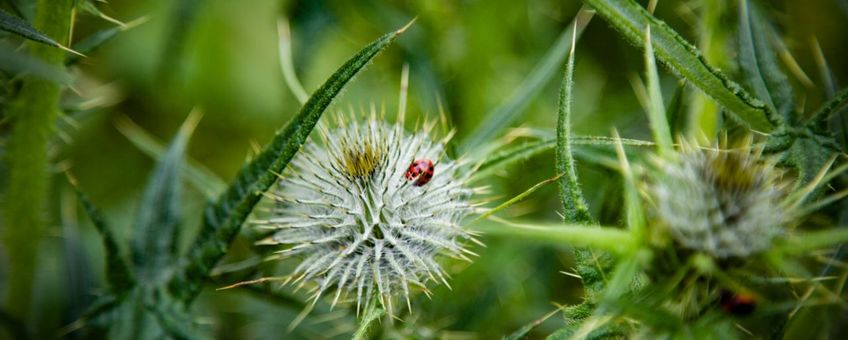
Nature4Life: 'knowledge agenda' for biodiversity research
Netherlands Institute of Ecology (NIOO-KNAW)The Netherlands is one of the leaders in the field of biodiversity research, and most of that research is of "outstanding quality", write the authors of the new 'knowledge agenda'. However, that is "not enough" as biodiversity research tends to be "undervalued" and "underfunded".
Mapping out research
This will only change with support from a number of parties: the Dutch government, umbrella organisations such as the Netherlands Organisation for Scientific Research (NWO) and the European Commission, as well as the academic community at large and the general public.
Nature4Life aims first of all to map out current biodiversity research and the contribution it is making to tackle the main issues that face our society.
The initiative for this comes from another umbrella organisation, the Netherlands Ecological Research Network (NERN) which is a collaboration of all graduate schools and institutes working in the fields of ecology, evolution, and biodiversity. NERN's management team is chaired by NIOO-director Louise Vet.
Three scientific themes
In a document commissioned by NERN, Naturalis Biodiversity Centre identifies five key issues: water, food, economy, health & welfare and climate. It links these to three integral scientific themes:
- Integration of species, foodwebs and substance flows
- Biodiversity as a barometer for quality of life
- Nature-inclusive, multifunctional land use: the future of our landscape
Over the next few years, this integral and multidisciplinary approach should open up the field of biodiversity research to a wider public. "Anyone can contribute" is the message the knowledge agenda would like to send. "From biologist to economist and from vicil servant to ordinary citizen, everyone can be a 'co-owner' of biodiversity research."
A resilient future
The first copy of the Nature4Life knowledge agenda was presented to the Dutch deputy minister for Education, Culture & Science, Sander Dekker, by Naturalis' scientific director, Koos Biesmeijer, on 1 February.
It's no coincidence that it comes in the wake of the launch of a National Science Agenda for the Netherlands. The knowledge agenda also aims to contribute to international objectives, including the UN's Sustainable development goals, the Convention on Biological Diversity's Aichi-targets and the Paris climate agreement.
Ultimately, the authors write, boosting biodiversity research will help to achieve all these goals. It will also improve food production without pesticides or fertilizers, guarantee clean drinking water without technological workarounds and allow the building of cities in harmony with nature: "a resilient future".
Text: NIOO-KNAW
Photo: NIOO-KNAW
